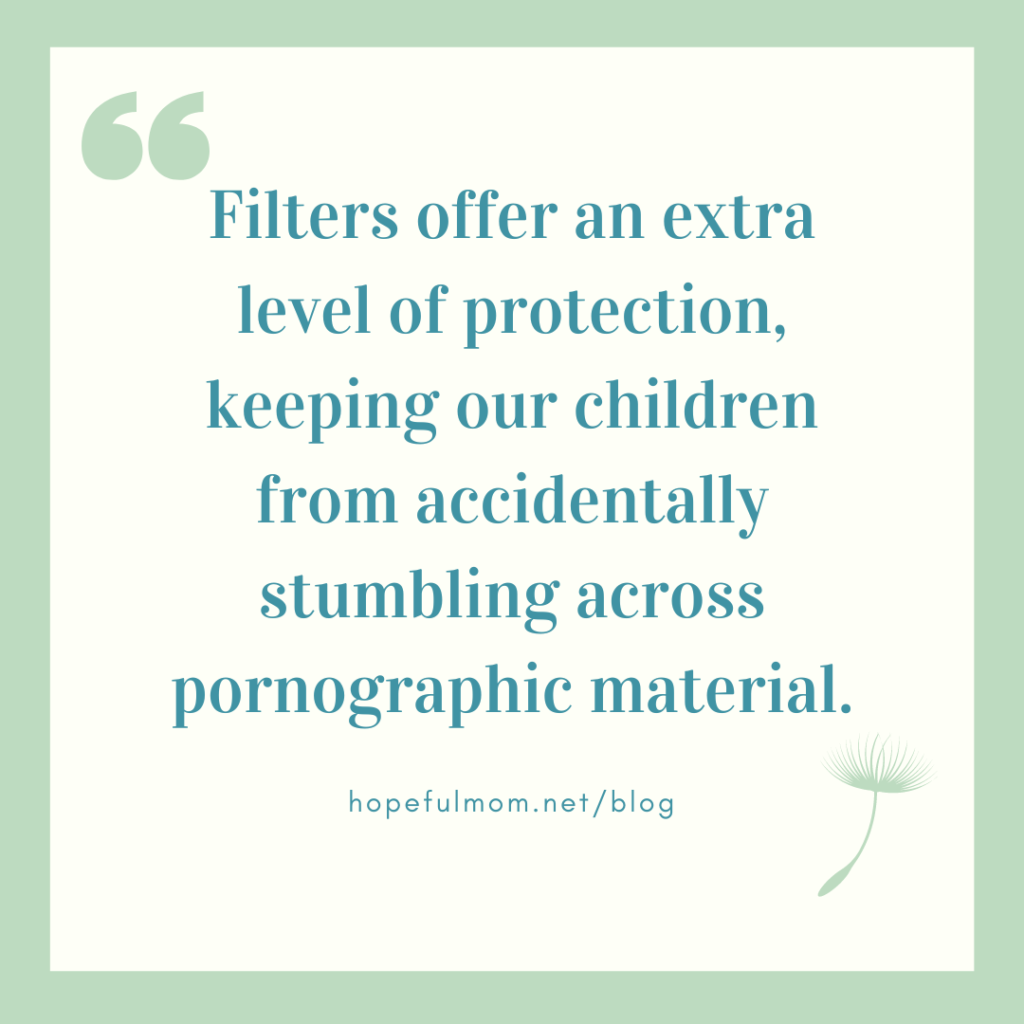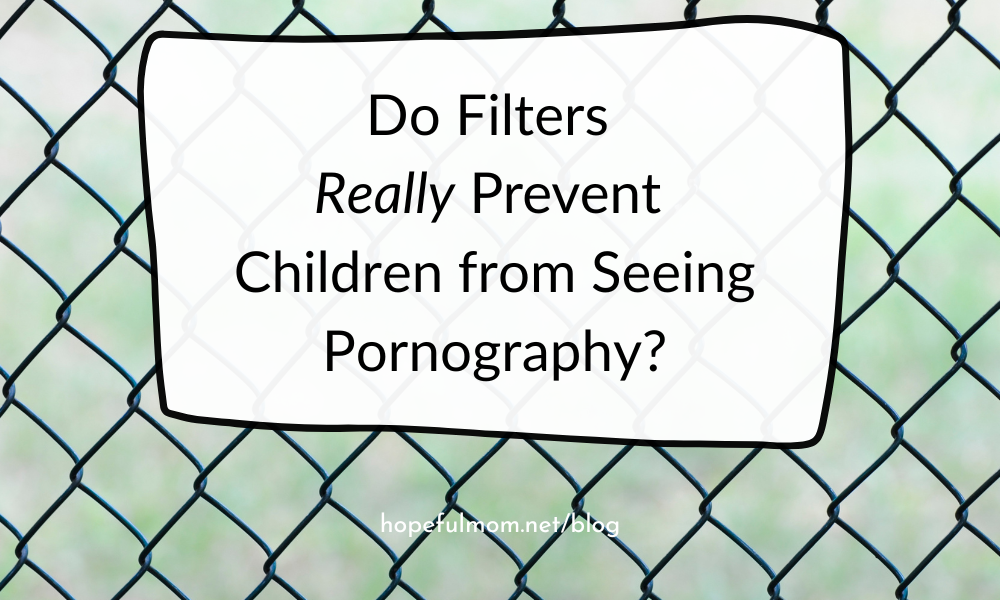Our home owner association recently put a locked fence around the amenities in our neighborhood. We have a pool, a sports area, and a small playground for young ones and their families. Our fees pay for the upkeep and allow us these perks. Each home received a fob for our key chain, which unlocks the fence and allows us into these “members only” places.
When the idea of constructing a fence was first presented, opinions were widespread.
“The fence will block our views and make the neighborhood seem unfriendly.”
“Great idea! A locked fence will keep those who don’t live here from using the pool.”
“It won’t work. The fence is too short. If teens outside our neighborhood want in, they will hop over.”
I saw the benefits and drawbacks. I don’t want to appear unwelcoming. However, I understand safety concerns and the fact that the amenities serve those who live in the neighborhood.
I’m not naïve. Of course, individuals will still break the rules. Can people hop the fence? Yes. (Not me. This aging body won’t allow it. But someone out there can.) Will people continue to sneak in? Yep.
However, I believe the fence is a deterrent and an extra level of protection. Some youth in our town may not realize they are breaking rules—that the pool and basketball court are only for residents of our neighborhood. Other teens may be so tempted by the ease of access to the amenities, they ignore the rules. For these groups, the fence may be enough for them to pause, consider the regulations, and ponder whether their actions are worth the consequences. (Don’t tell them there probably aren’t any consequences, other than a guilty conscience.)
Fences, Boundaries, and Safeguards
This whole fence business reminded me of the debate in parent circles surrounding filters on technology. Are internet filters worth it? Do they keep our children from seeing pornography? Do they block unwanted content? If we use them, do we appear unfriendly (untrusting)?
These are all valid questions. Here is my opinion.
Every home, regardless of the occupants’ ages, needs filters on the Wi-Fi and filters on each device. Additionally, we should use parental controls and other features on our phones, tablets, laptops, etc. (For example, I utilize the do not disturb feature from 9:30 pm to 7 am.) For internet filters I recommend, see the resources page.
Like a fence, internet filters act like a deterrent & safeguard – an extra level of protection to keep our children from accessing pornography. #hopefulmom #fightthenewdrug Do Internet Filters Really Prevent Children from Seeing… Share on XAre internet filters foolproof? Nope. Is there a work around? Definitely. But, like the fence, filters act like a deterrent and safeguard. While they can be “jumped,” our children will need to pause and think about their actions. They must deliberately choose to bypass our protective features and disregard our rules. Those few seconds may slow them down enough to prevent them from making a poor choice.
The pornography industry is like a predator, preying on people, especially children. Filters offer an extra level of protection, which keeps our family members, especially our young children, from accidentally stumbling across pornographic material.

A few months ago, my husband was searching online. He clicked on what appeared to be a link related to his topic, but a pornographic site invaded his Mac computer instead. He jumped and shut the tab quickly. I saw it was unintentional and ascertained how the Malware site made it past our safeguards. Our Wi-Fi filter subscription had expired the previous week, but we remedied the situation within an hour. This occurrence reminded me to be diligent. It also helped me feel protected, knowing our internet filters work well when properly maintained.
Open Conversations
Ultimately, nothing replaces ongoing, open conversations with our loved ones, but we may rest easier knowing our filters are working for us. Tell your children you love them so much you want to protect them from people who desire to harm them. They need to know your love is unconditional and, even when they falter or stumble upon enticing photos or sites, they can come to you for help.
For more in-depth information regarding screen protection, filters, and parental controls, I recommend Better Screen Time and Protect Young Eyes.
Thanks for walking this journey with me. Please subscribe below for updates on posts, my book, and two FREE PDF downloads. Follow Hopeful Mom on Facebook and Instagram, and share this post on social media. In doing so, you may help another parent realize they are not alone.
About the author
Barb Winters is the author of Sexpectations: Helping the Next Generation Navigate Healthy Relationships and founder of Hopeful Mom. She’s a certified mental health coach and offers one-on-one consultations for parents. For more about Barb, click "About" in the menu.




Good article
Thank you!
How very helpful!
Thank you!